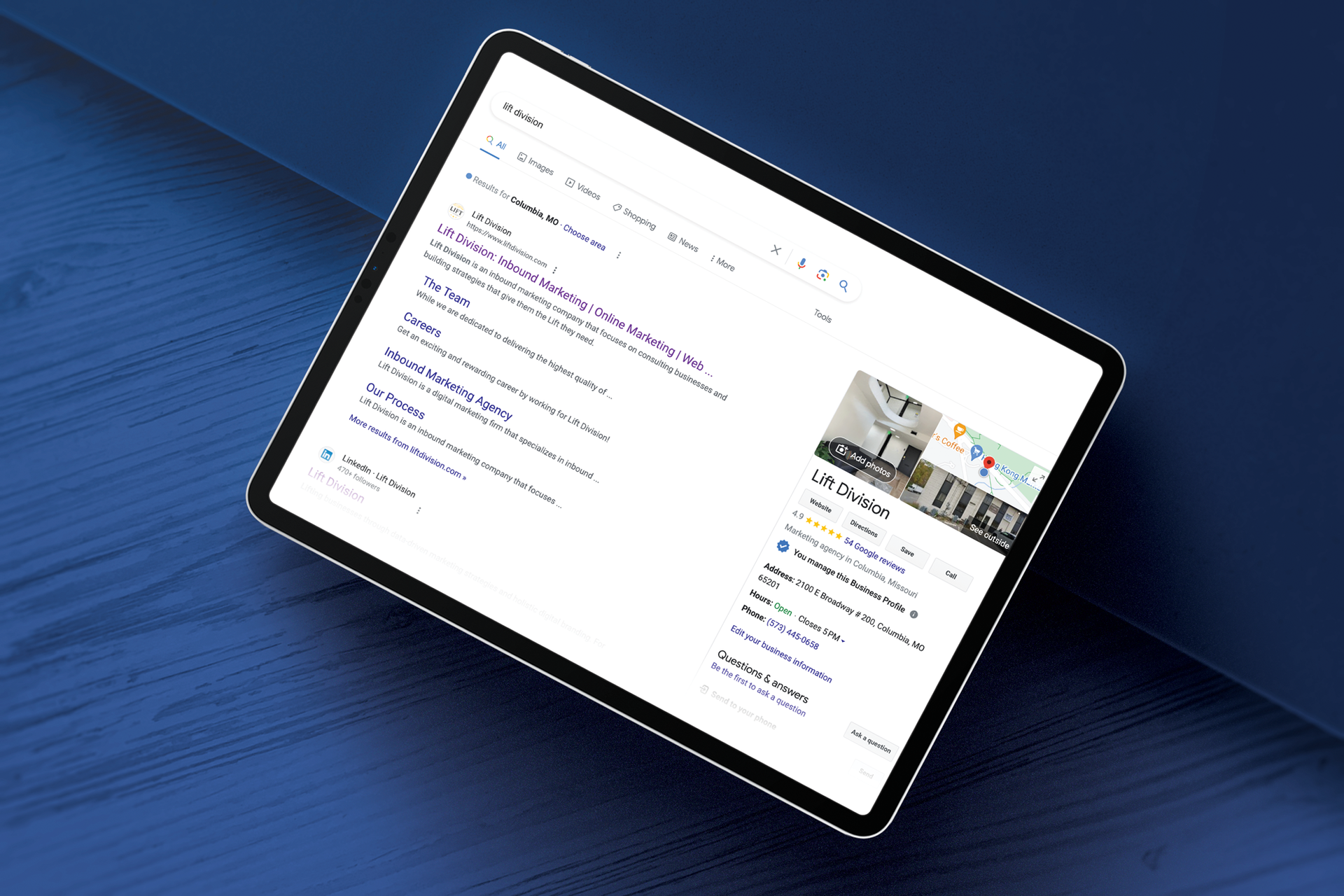The Buddha, Suffering and Inbound Marketing
What comes to mind when you think of inbound marketing? Web design? SEO? Content marketing? Whatever you associate most closely with online marketing, one thing is certain — it’s probably not Buddhism. In fact, ordained Buddhist monks are barred from even handling money, and the Buddha himself was a deeply spiritual being with no interest in profit.Talk about an ROI nightmare.
The Buddha was from another age entirely (around 560 BCE, to be exact). And while it’s probably a greater challenge than any time before to be a Buddhist monk in today’s booming consumerist society,
we’d be remiss if we didn’t think such a lasting tradition could allow some insights into the nature of all things — including inbound marketing.
The Life of the Buddha
The core of Buddhism naturally lies with the life of the Buddha, so it’s necessary to first summarily delve into the main events of the Buddha’s life. Born a wealthy prince, the Buddha was shielded from the negative aspects of society as he had an opulent upbringing full of luxury and abundance. But this insular rearing didn’t last long: When he was a teenager, the Buddha left his palace at the behest of his family, witnessing the sick and impoverished members of society that he had never before been exposed to.
Shocked at the suffering he saw, the Buddha realized that nothing in life is permanent. Sure, he can be happy in the palace, but in time he will grow old and die; he can feel happy, but soon that will pass as well, since emotions are temporary as well. Upon realizing this conundrum, the Buddha abandoned his life of opulence for a life of willful asceticism, determined to wander as a mendicant until he found the meaning to life.
To make a long story almost painfully short, the Buddha found the meaning of life within The Four Noble Truths, which are:
(1) that suffering exists,
(2) that suffering can be stopped
(3) that the path to the elimination of suffering lies in the Eightfold Path, and
(4) the Eightfold Path in and of itself. (Which consists of a lot of things — you can read about it more in-depth
here.)
Suffering
While the Eightfold Path and the nuances Buddhism are much too complex to fully summarize in this blog post, those Four Noble Truths provide a solid backdrop to understand how Buddhist principles can be incorporated into inbound marketing. For instance, it isn't even much of a stretch to posit that searchers and users essentially ‘suffer’ from poorly executed SEO or bad web design. If a someone is searching for a service but no quality results are displayed, then the searcher will be inconvenienced and therefore ‘suffer’ in a mild, very 21st-century sense.
Likewise, when it comes to web design, users also ‘suffer’ from bad UX/UI all the time. If you’re trying to access a site and it isn’t mobile responsive or has glitches in its code, it’s likely that you’ll have a hard time navigating it and will therefore ‘suffer’ as well.
Since quality marketing is really just about marketing with everyone's experiences and expectations in mind, the suffering element of Buddhism can really be extrapolated into any area of inbound marketing, and even online marketing as well. And although online marketing isn’t part of the Eightfold Path, Buddhist principles can provide some key insights into some of the biggest points of online marketing — and even inbound marketing.
Good Things Take Time
For instance, let’s meander back to the life of the Buddha… because it was certainly a meandering life for him. As the Buddha was wandering around India as a mendicant, searching for the meaning of life, he took part in many ascetic practices, but to no avail. In fact, the Buddha wandered around for the majority of his life, and it wasn’t until he was in a seasoned middle age that he settled beneath a bodhi tree, meditated for days and days and only then, he realized the Four Noble Truths.
All told, this is a great metaphor for the ostensible mantra of inbound marketing these days: Good results take time. Too often, our clients find themselves confused why their SEO packages or content marketing campaigns aren’t seeing ROI after one week, one month, or even one quarter. While it’s tough having to keep reminding a client of the undeniable utility of inbound marketing, it’s even tougher to try and dispel the idea of inbound marketing altogether. Because when it comes to inbound marketing, there’s no question that this is a marketing approach that works.
Like all groundbreaking things, however – indeed, like the Buddha’s epiphanic realization itself – good results take time.

Jake Bowlby is a Senior Digital Marketing Strategist at Lift Division and has helped hundreds of businesses across Missouri grow sales and profits. Jake has considerable experience helping builders, contractors, restaurateurs and many other industries with brand development and lead generation.
GET A FREE ONLINE MARKETING ASSESSMENT!

Our FREE Aerial Snapshot will:
- Identify Valuable Keywords & Your Current Rankings
- Analyze Your Current Local Presence
- Review Key Performance Indicators on Your Website
- Assess Your Social Media Profiles
- Provide You with a Reputation Analysis







